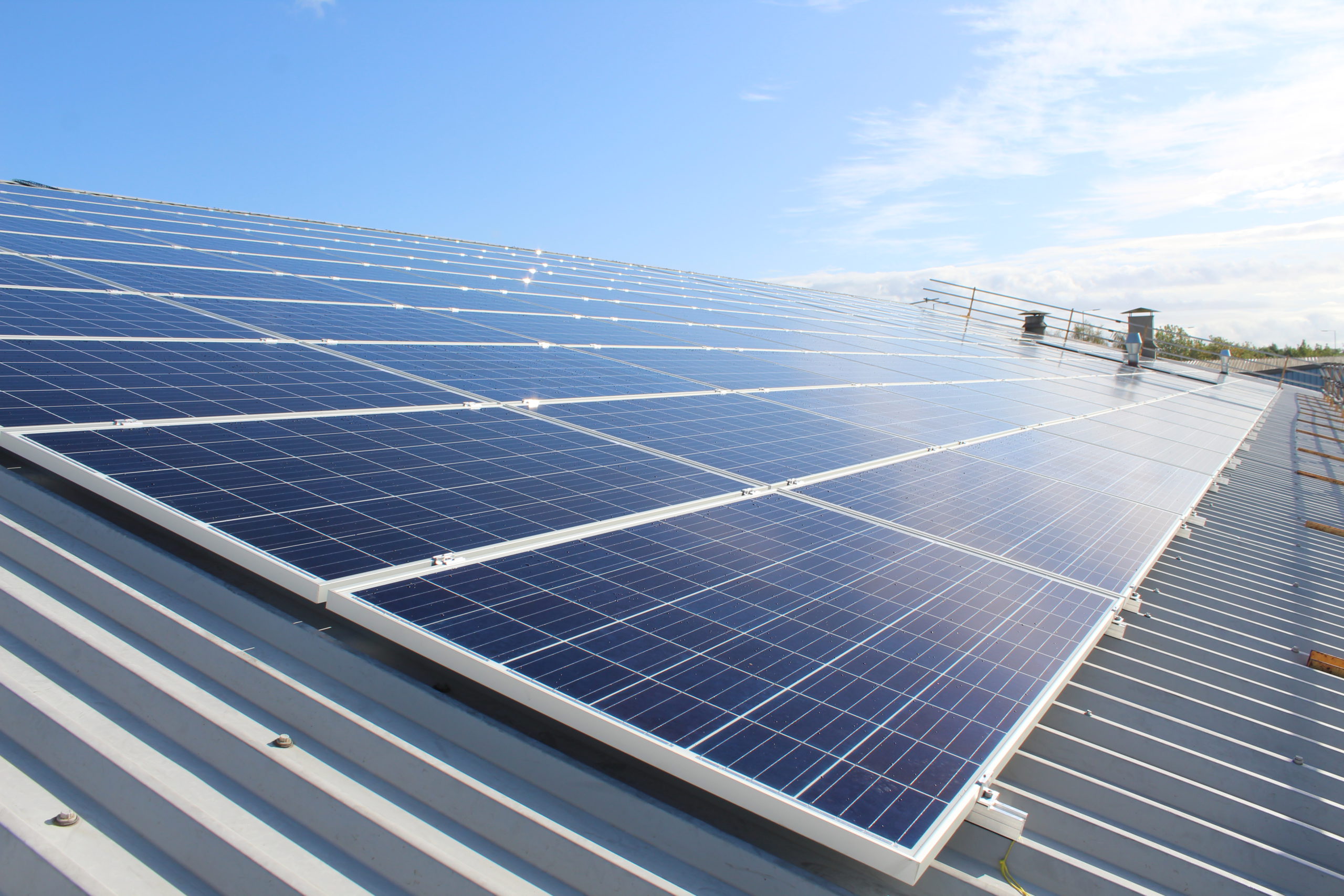Project LEO (Local Energy Oxfordshire)
Project LEO has supported the development of a wide range of local energy projects at the grid edge and a new local market platform for electricity system flexibility.
Lead Organisation
Scottish & Southern Electricity Networks
URL
Location
Oxfordshire
About the project
The project has developed a robust evidence base showing the technological, market and social conditions needed for a greener, more flexible, and fairer electricity system. Grid-edge projects include solar panels, batteries, hydro generation, vehicle-to-grid and demand management. These sit alongside a series of smart-fair neighbourhood trials which engage with community-level energy, social, economic and environmental issues. LEO has brought together many of these grid-edge projects to deliver flexibility which can support efficient use of the electricity network and maximise the value of the local energy portfolio.

What did the project achieve?
- Delivery of demonstration and trial local energy projects, many of which have participated in delivering local flexibility.
- Development of local Distribution System Operator (DSO) market framework and trading platforms.
- Significant improvements in network visibility through installation of more than 100 data monitoring stations.
- Successfully completed DSO market trials to procure network services and enable peer-to-peer network capacity trading.
- Regional and local mapping tools bringing together dozens of data layers to provide a geographical visualisation of energy use, constraining factors, and opportunities for smart local energy systems.
- Improved understanding of the barriers and opportunities for local communities and others on the grid edge to participate and benefit from smart local energy systems.
Key lessons learnt
- Local area energy planning can help identify the potential for flexibility from local energy assets and support valuable economic, environmental, and social outcomes.
- Revenues from flexibility need to be built into a wider business case for local energy assets.
- Standardisation, automation and simplification will be important in enabling flexibility from the grid edge, as will investment in data and digital.
Speaking at the Prospering from the Energy Revolution programme’s Energy-smart places conference in February 2023, Melanie describes Project LEO’s aims, challenges, achievements and next steps in the video below.
Next steps
- Project TRANSITION will run further DSO market trials in which projects developed through LEO will be able to participate.
- Follow-on projects, including applications to Ofgem’s Strategic Innovation Fund, aim to further develop the LEO markets.

